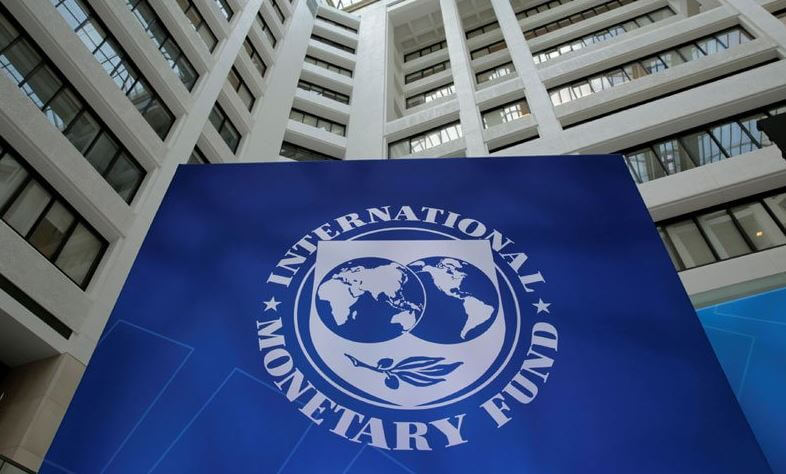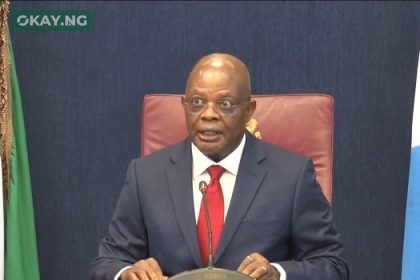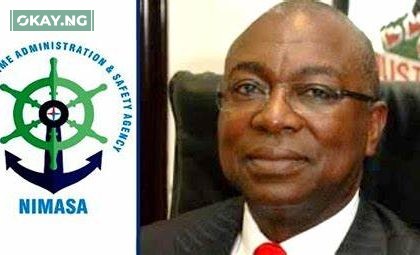Despite significant economic reforms initiated by the Nigerian Federal Government since 2023, the International Monetary Fund (IMF) has voiced serious concerns over the persistent high levels of poverty and widespread food insecurity plaguing the nation.
The IMF’s assessment came at the conclusion of its Article IV consultation mission to Nigeria, conducted between April 2nd and 15th, 2025. During the mission, led by Axel Schimmelpfennig, the IMF team engaged in crucial discussions with key Nigerian economic figures, including the Minister of Finance and Coordinating Minister of the Economy, Wale Edun; the Governor of the Central Bank of Nigeria (CBN), Yemi Cardoso; and the Minister of Agriculture and Food Security, Abubakar Kyari. The delegation also met with representatives from civil society organizations, the private sector, and academia to gain a comprehensive understanding of the current economic landscape.
While acknowledging the “important steps” taken by Nigeria to stabilize its economy – notably the cessation of central bank financing of fiscal deficits, the removal of fuel subsidies, and improvements in the functioning of the foreign exchange market – the IMF emphasized that the positive impacts of these reforms have not yet translated into tangible improvements for the majority of Nigerians.
“Gains have yet to benefit all Nigerians as poverty and food insecurity remain high,” stated Schimmelpfennig in the official statement released on Friday. This stark observation underscores the challenging reality that, despite top-level economic adjustments, a significant portion of the population continues to grapple with hardship.
The IMF further revealed that Nigerian authorities have communicated their intention to manage the 2025 budget in response to the decline in international oil prices. The government reportedly plans to adopt a neutral fiscal stance, aligning with the CBN’s ongoing efforts to tighten monetary policy and curb inflation.
A key recommendation from the IMF is that the savings accrued from the removal of fuel subsidies should be strategically reinvested into the budget. The Fund specifically advised that these resources be directed towards safeguarding crucial development spending and, critically, accelerating the disbursement of cash transfers to vulnerable Nigerians struggling with food insecurity.
“In particular, adjustments should protect critical, growth-enhancing investment, while accelerating and broadening the delivery of cash transfers under the World Bank-supported programme,” the statement elaborated, highlighting the urgency of providing direct support to those most affected.
Raed Also: Nigeria’s Economic Reforms Bolster Resilience Amid Global Headwinds, Says IMF
On a positive note, the IMF commended the Central Bank of Nigeria for its “data-dependent approach” to monetary policy. This strategy, according to the Fund, is appropriate for navigating Nigeria’s persistent inflationary pressures and the broader uncertainties within the macroeconomic environment.
The IMF stressed the significance of maintaining a tight monetary policy stance and encouraged the CBN to consider publicly outlining a clear disinflation path. This, they believe, would help to anchor inflation expectations among the public and bolster investor confidence in the country’s economic management.
“The Monetary Policy Committee’s data-dependent approach has served Nigeria well and will help navigate elevated macroeconomic uncertainty,” the Fund asserted. “Announcing a disinflation path to serve as an intermediate target can help anchor inflation expectations.”
However, the IMF also issued a cautionary note, emphasizing that Nigeria’s macroeconomic outlook remains fragile. The country faces significant headwinds from elevated global risks and the potential for weaker oil prices, both of which pose considerable challenges to fiscal and external stability. In light of these vulnerabilities, the IMF urged the Federal Government to intensify its structural reform agenda and cultivate an enabling environment that fosters private sector-led growth.
The Article IV consultation, a routine economic health check conducted by the IMF for its member countries, provides a crucial external perspective on Nigeria’s economic trajectory. The findings from this recent mission will form the basis of a formal report to be presented to the IMF Executive Board, pending management approval. The report’s conclusions and recommendations will likely play a significant role in shaping future policy discussions and potential support programs for Nigeria.












